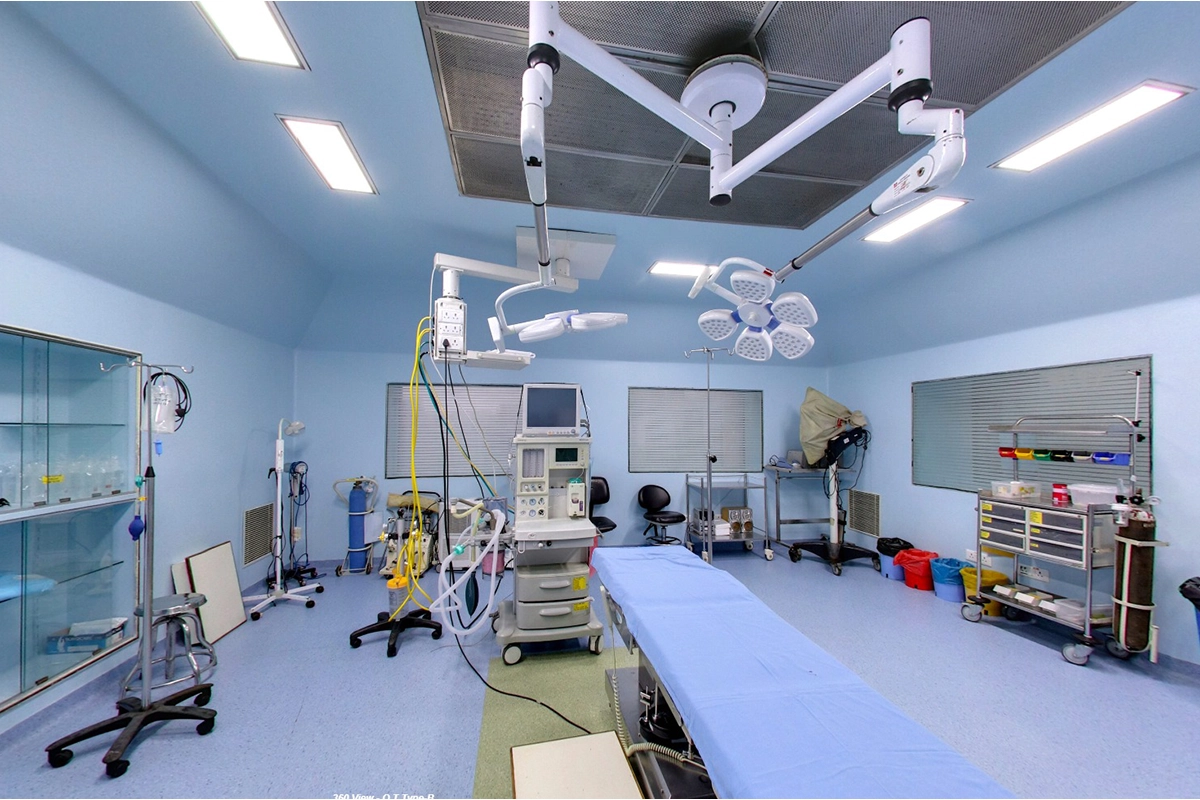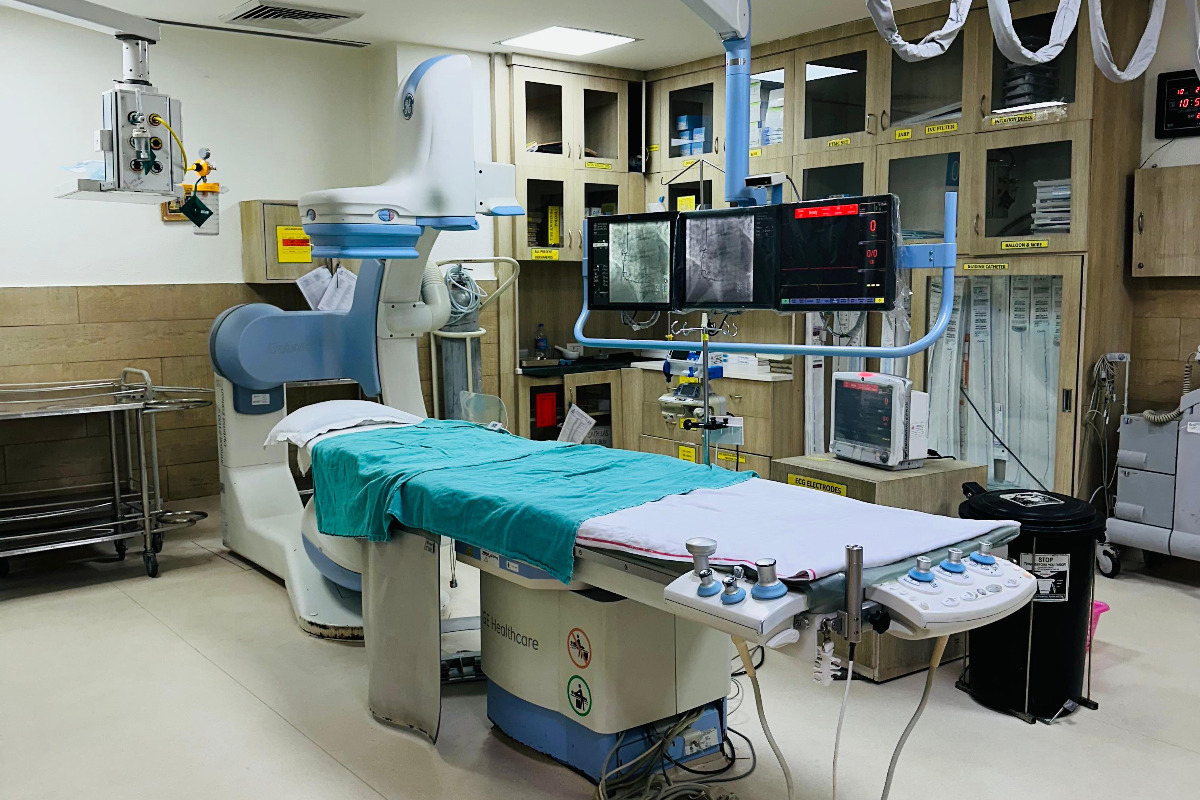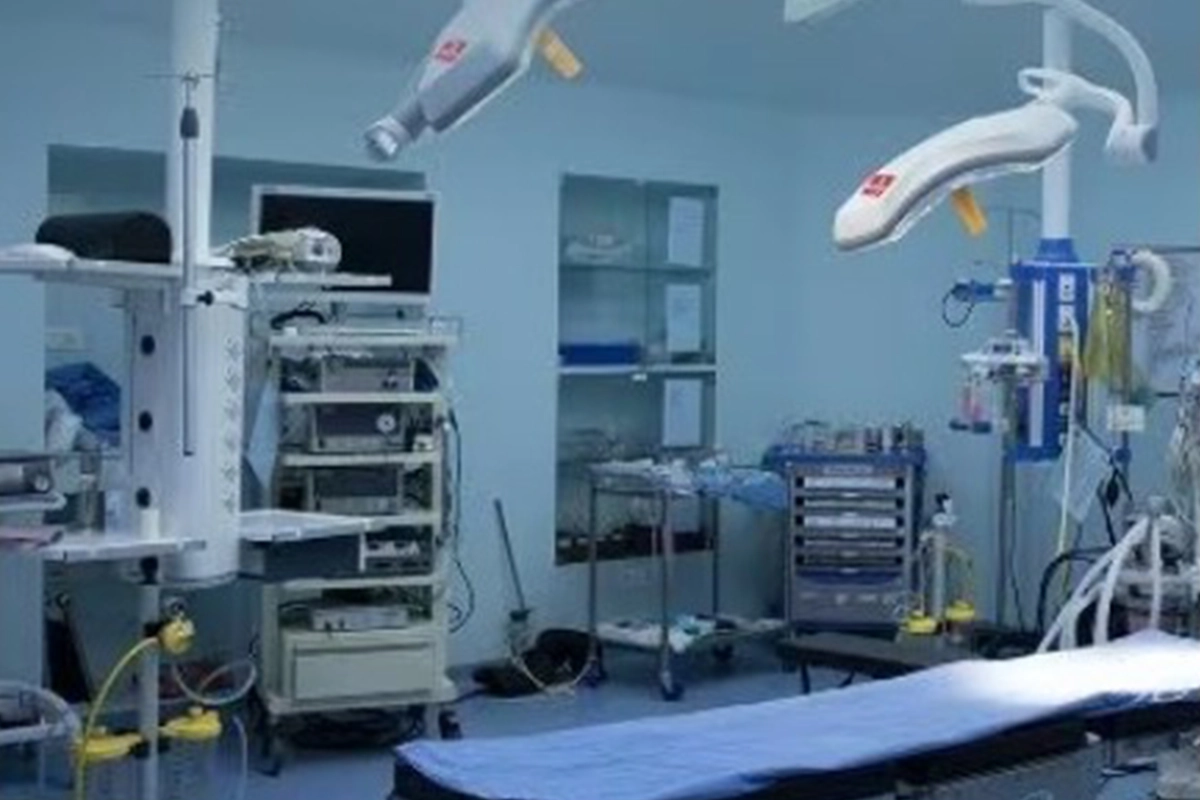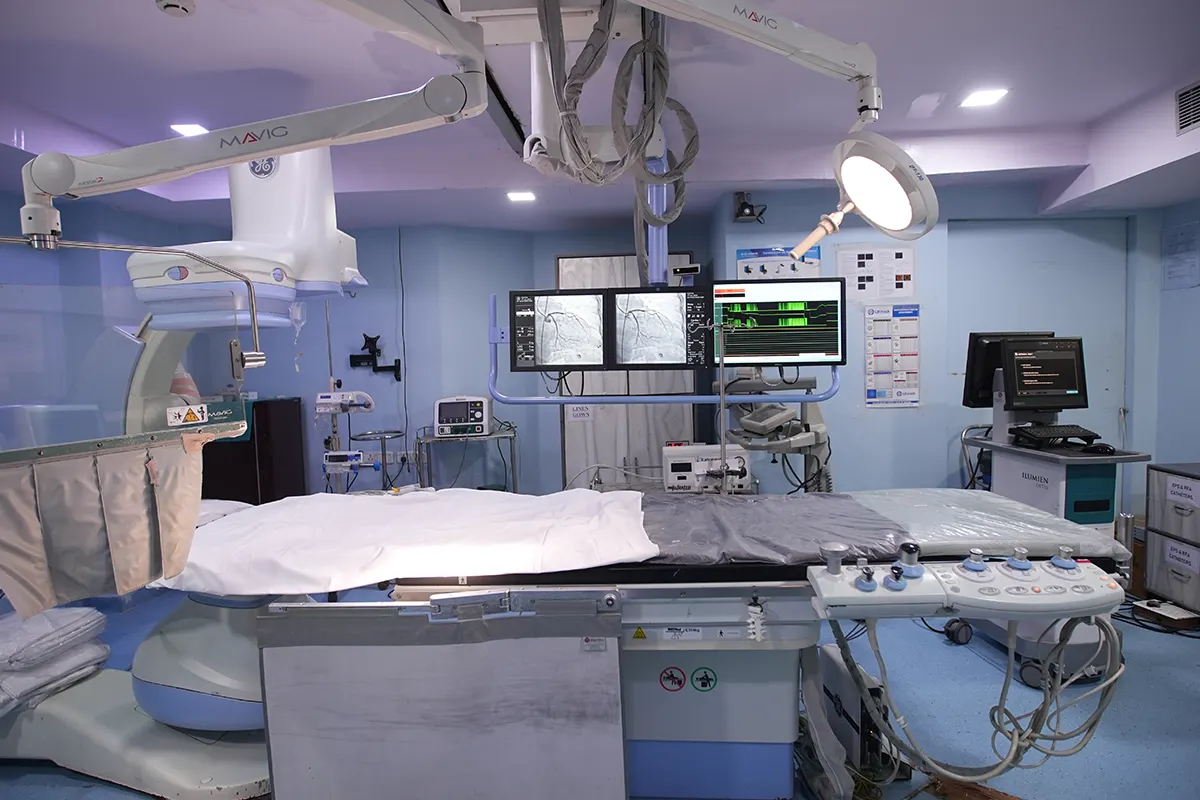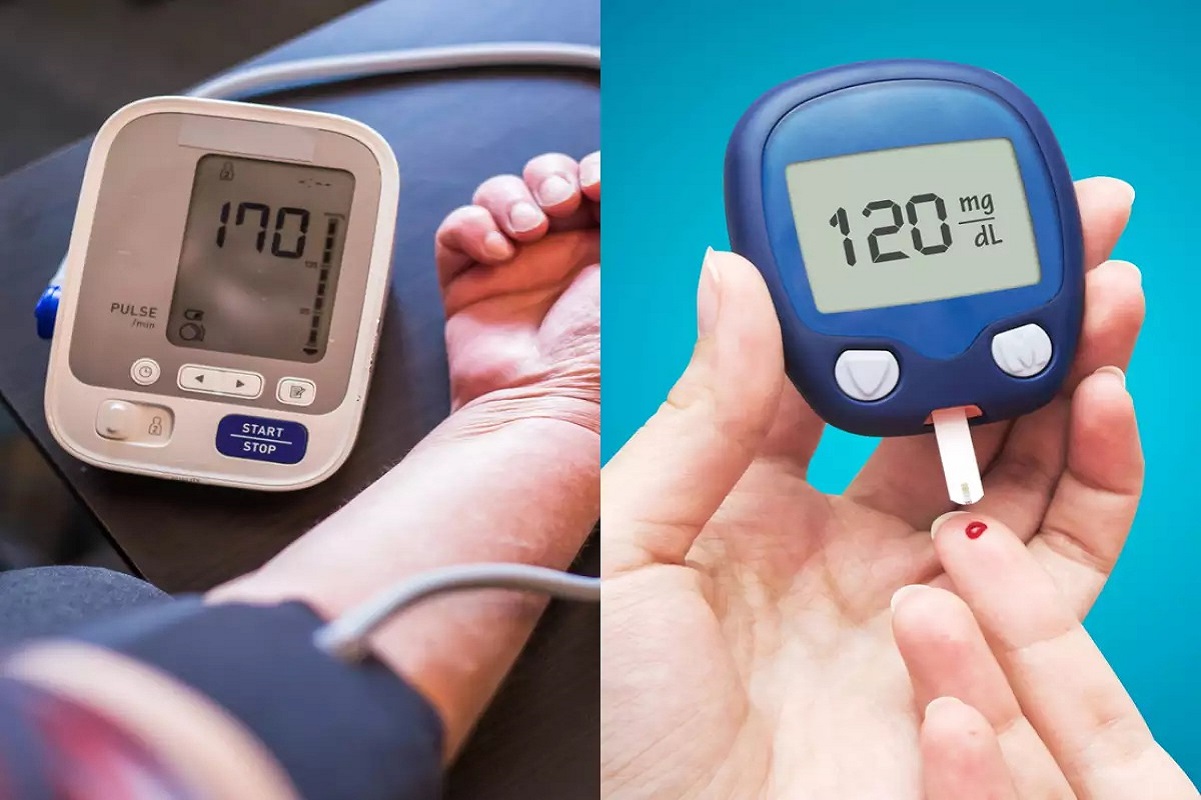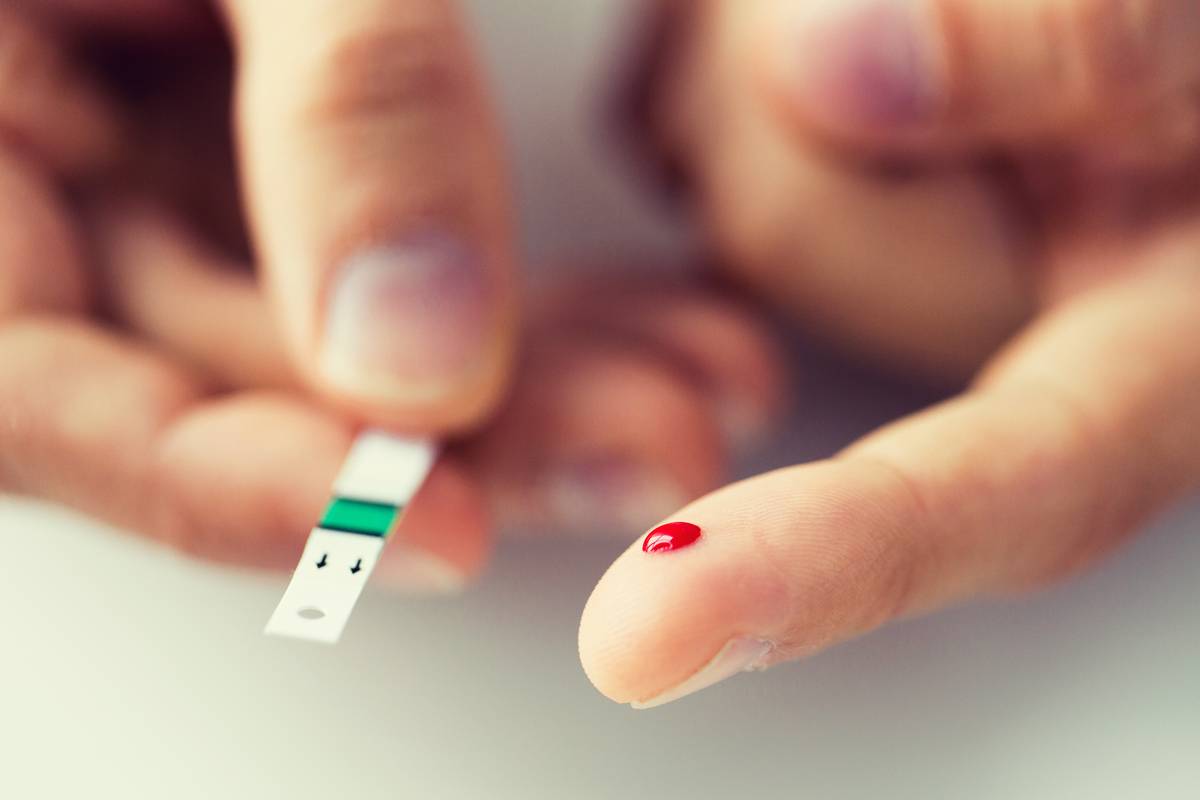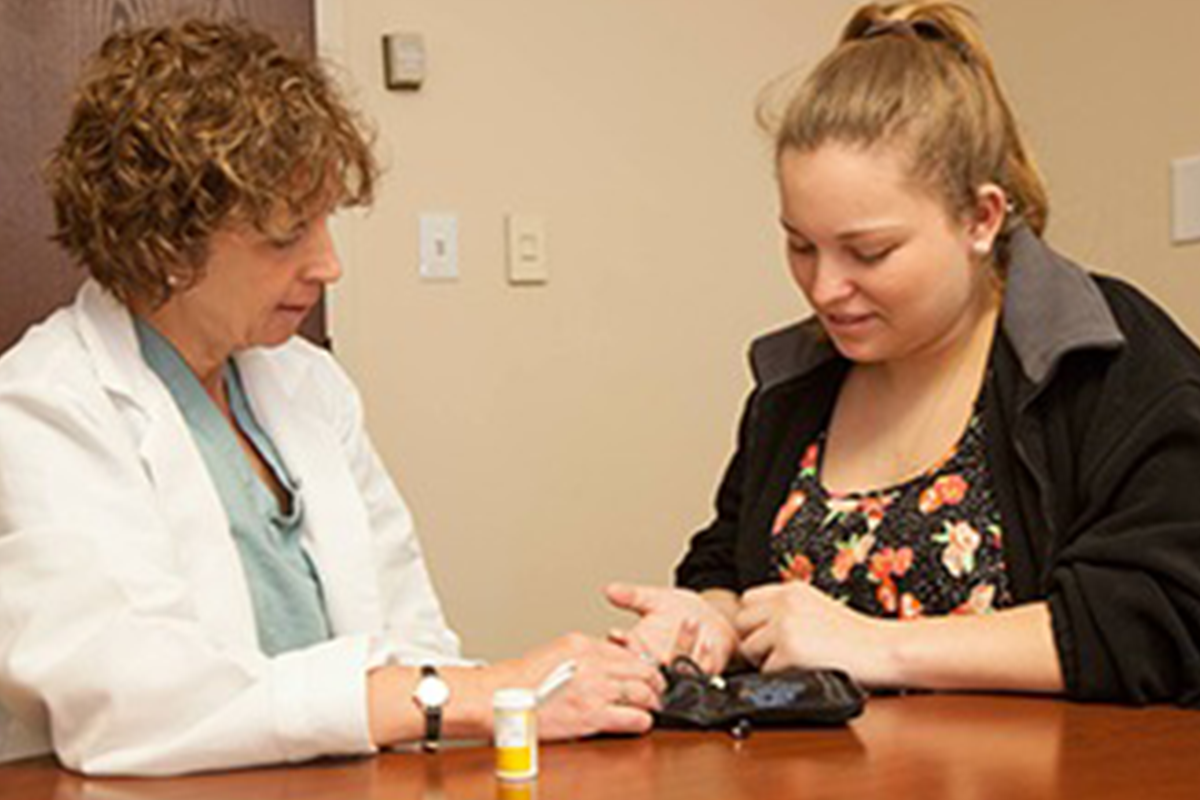At Metro Hospital, a recognized leader in diabetes care, our highly experienced medical team specializes in providing personalized treatments for various types of diabetes and a diverse range of endocrine diseases. Understanding the intricate chemical balance crucial for the body’s optimal function, our approach aims at preventing life-threatening complications associated with hormonal imbalances.
The Stealthy Struggle of Diabetes:
Disrupting the body’s ability to use and store glucose, diabetes advances silently, underscoring the need for vigilance. Regular blood sugar monitoring is essential for maintaining control, requiring delicate harmony in the functioning of glands and hormones. Any disruption in this equilibrium can lead to severe and life-threatening diseases.
Endocrinology at Metro Hospital:
Our Endocrinology department delves into the nuanced workings of endocrine organs such as the thyroid, pancreas, and ovaries, pivotal in hormonal regulation. Beyond diabetes, we address various endocrine diseases, each demanding attention and tailored care.
Types of endocrine Diseases:
Thyroid Cancer:
Characterized by uncontrolled cell growth in the thyroid gland, thyroid cancer may lead to tumor formation and potential spread to other body parts. Symptoms include neck swelling, pain, breathing difficulties, and coughing.
Polycystic Ovary Syndrome (PCOS):
Primarily affecting women, PCOS results in hormonal imbalances, marked by enlarged ovaries with small cysts. Symptoms vary but may include irregular menstrual cycles, excessive facial hair, and male-pattern baldness.
Hyperthyroidism:
Resulting from an overactive thyroid gland, hyperthyroidism accelerates metabolism, causing symptoms like sudden weight loss, sweating, irregular heartbeat, and irritability.
Cushing’s Disease:
A serious condition arising from excessive cortisol hormone production, Cushing’s disease manifests in symptoms such as a fatty hump between shoulders, purple stretch marks, weight gain, skin thinning, and acne.
Hypothyroidism:
In contrast to hyperthyroidism, hypothyroidism occurs when the thyroid gland is underactive, leading to symptoms like fatigue, weight gain, depression, and cold intolerance.
Adrenal Insufficiency (Addison’s Disease):
A rare condition where the adrenal glands don’t produce enough hormones, leading to symptoms like fatigue, weight loss, low blood pressure, and darkening of the skin.
Hyperparathyroidism:
Caused by overactivity of the parathyroid glands, this condition leads to elevated levels of calcium in the blood, resulting in symptoms such as fatigue, kidney stones, and bone pain.
Diagnostic Precision at Metro Hospital:
Armed with cutting-edge medical technology, our diagnostic capabilities ensure the accurate identification of endocrine diseases. Based on diagnostic outcomes, our expert physicians recommend tailored treatment options, empowering patients towards a healthy and fulfilling life.
Holistic Treatment Options:
- Lifestyle Changes:
- For early-stage conditions like diabetes, lifestyle modifications are recommended to control and manage symptoms effectively.
- Medication:
- Various medications address conditions like PCOS, hyperthyroidism, and adrenal insufficiency. Continuous glucose monitoring is offered for precise diabetes management.
- Surgical Treatments:
- In cases of severe endocrine diseases, surgical interventions like bariatric surgery, sleeve gastrectomy, thyroid surgery, and parathyroidectomy may be recommended.
Advanced Solutions for Diabetes:
Our commitment to diabetes care extends beyond traditional treatments. We offer state-of-the-art technologies, including insulin pumps for Type I Diabetes patients, facilitating continuous glucose monitoring and providing unparalleled convenience throughout the day.
We, Metro Hospital stands as a beacon of excellence in diabetes and endocrinology care, blending medical expertise with technological innovation. Our mission is to empower individuals with accurate diagnoses, personalized treatments, and the tools needed to manage diabetes and a diverse array of endocrine diseases effectively. At Metro Hospital, we envision a healthier and happier future for our patients.








